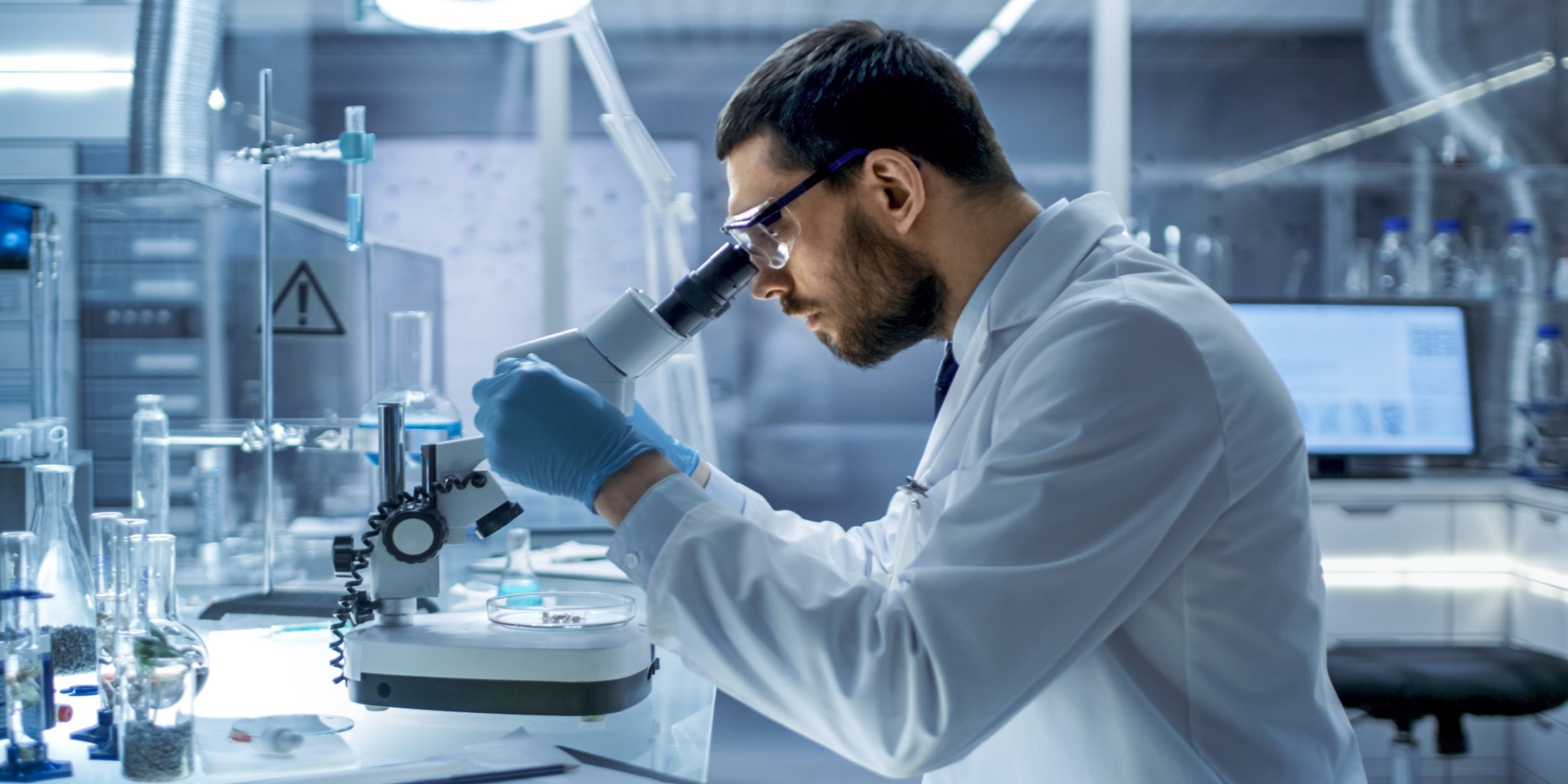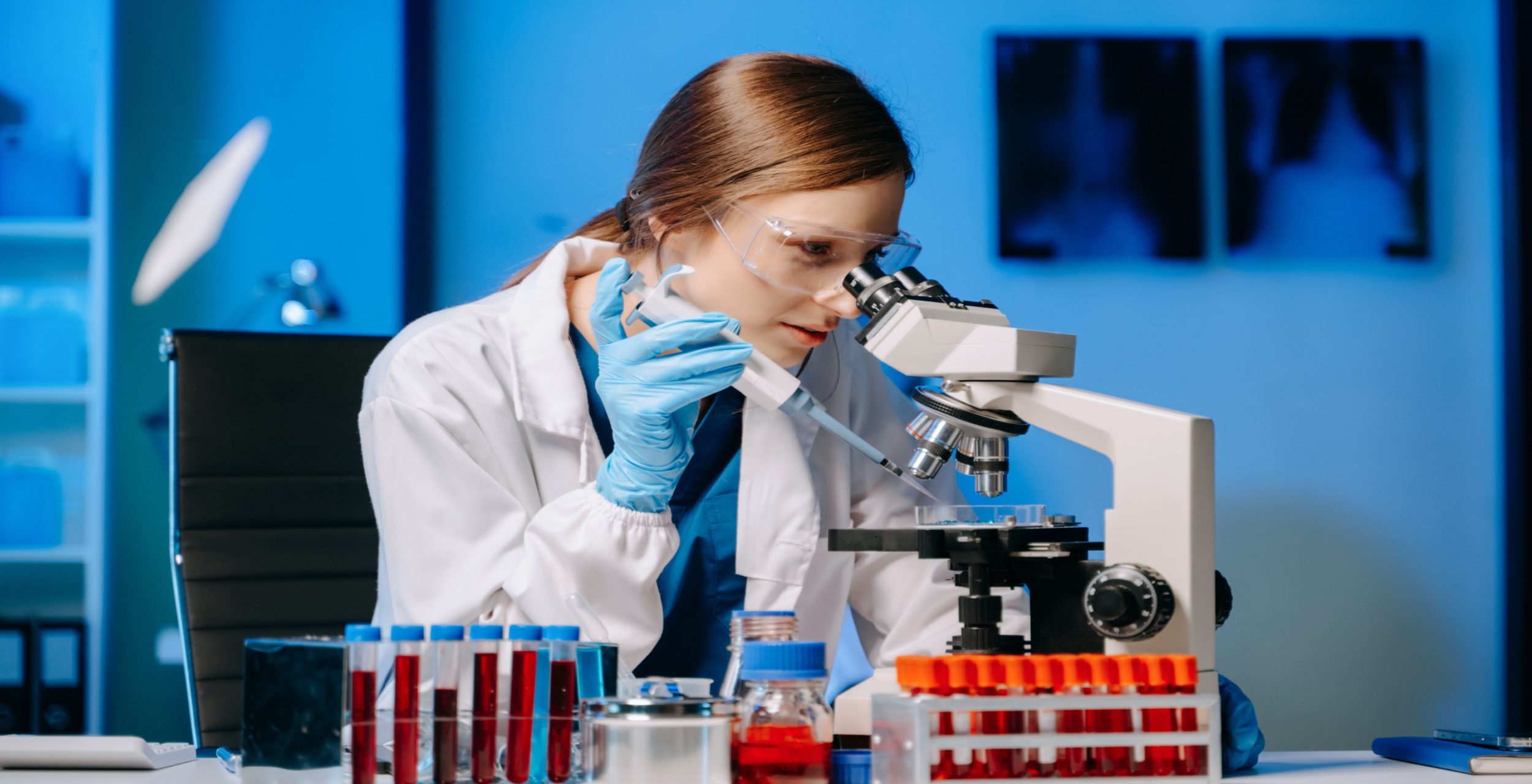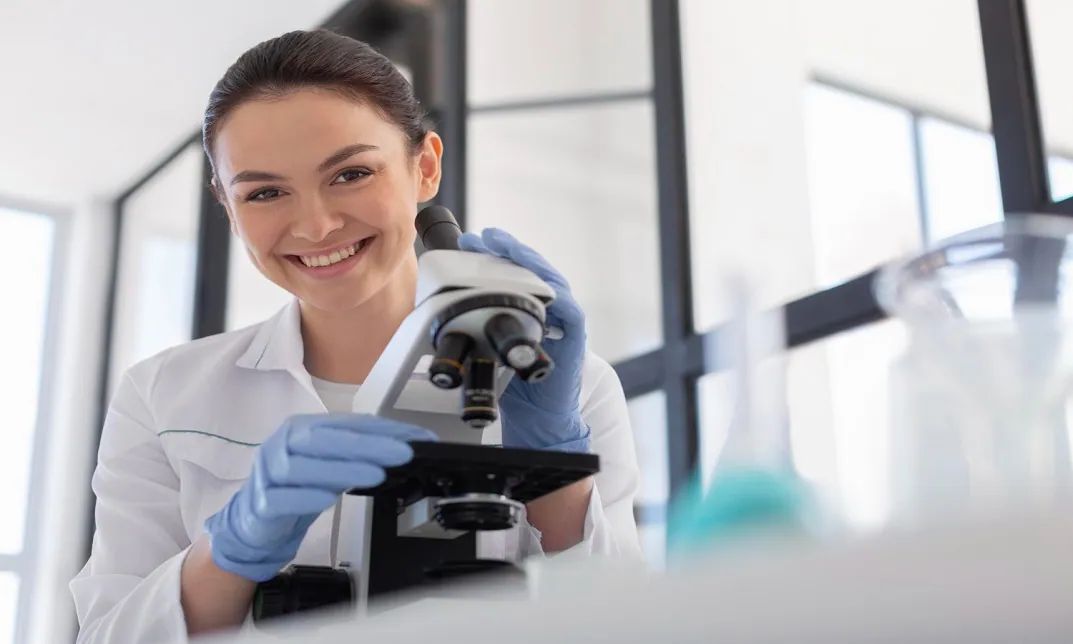Are you curious about what it takes to become a lab technician? Many people wonder about the requirements for this important job. Let’s dive into the world of lab technicians and explore what you need to know to start this exciting career.
First off, what exactly is a lab technician? Well, they’re the people who work in laboratories, helping scientists and doctors with their research and tests. They play a key role in many fields, from medicine to environmental science.
The role of a lab technician is crucial in various fields, including healthcare, research, and industry. This guide will explore the essential requirements for becoming a lab technician, providing insights into the skills, education, and certifications needed to excel in this profession.

What Does a Lab Technician Do?
Before diving into the requirements, it’s important to understand the role of a lab technician. Lab technicians are responsible for conducting experiments, analysing samples, and maintaining laboratory equipment. They work under the supervision of scientists or medical professionals to ensure accurate and efficient results.
Educational Requirements for Lab Technicians
To become a lab technician, one must typically meet certain educational prerequisites. Here are the key educational requirements:
- High School Diploma or Equivalent: Most lab technician positions require at least a high school diploma or equivalent. This foundational education is essential for understanding basic scientific concepts and laboratory safety.
- Associate Degree or Certificate: Many lab technicians pursue an associate degree or a certificate in laboratory technology or a related field. These programs provide hands-on training and cover essential topics such as biology, chemistry, and laboratory techniques.
- Bachelor’s Degree: While not always required, a bachelor’s degree in a scientific discipline can enhance job prospects and provide opportunities for advancement. A degree in biology, chemistry, or medical technology is particularly beneficial.
Skills and Competencies for Lab Technicians
In addition to educational qualifications, lab technicians must possess a range of skills and competencies. These include:
- Attention to Detail: Lab technicians must be meticulous in their work to ensure accurate results. This involves following protocols precisely and maintaining detailed records.
- Technical Skills: Proficiency in using laboratory equipment and software is crucial. Lab technicians should be comfortable with microscopes, spectrophotometers, and other analytical instruments.
- Problem-Solving Abilities: When experiments do not go as planned, lab technicians need to troubleshoot and find solutions. This requires critical thinking and the ability to adapt to new challenges.
- Communication Skills: Lab technicians often work as part of a team and must communicate effectively with colleagues and supervisors. Clear communication ensures that everyone is on the same page and that results are accurately reported.
Certification and Licensing
Certification can be a valuable asset for lab technicians, demonstrating competence and commitment to the profession. Here are some common certifications:
- American Society for Clinical Pathology (ASCP) Certification: This certification is widely recognised in the healthcare field and can enhance job prospects for medical lab technicians.
- National Credentialing Agency for Laboratory Personnel (NCA) Certification: Although now merged with the ASCP, this certification was once a standard for lab technicians and is still respected in the industry.
- State Licensing: Some states require lab technicians to be licensed. Requirements vary by state, so it’s important to check local regulations.

Work Environment and Opportunities
Lab technicians work in a variety of settings, each offering unique opportunities and challenges. Common work environments include:
- Hospitals and Clinics: Lab technicians in healthcare settings play a critical role in diagnosing diseases and monitoring patient health.
- Research Laboratories: In research labs, technicians assist scientists in conducting experiments and developing new technologies.
- Industrial Laboratories: Technicians in industrial settings may work on product development, quality control, and environmental testing.
Career Advancement for Lab Technicians
For those interested in advancing their careers, several paths are available:
- Specialisation: Lab technicians can specialise in areas such as microbiology, histology, or cytotechnology. Specialisation can lead to higher salaries and more advanced positions.
- Further Education: Pursuing additional education, such as a bachelor’s or master’s degree, can open doors to supervisory roles or research positions.
- Professional Development: Attending workshops, conferences, and continuing education courses can enhance skills and keep technicians updated on industry trends.
Challenges and Considerations
While a career as a lab technician can be rewarding, it also comes with challenges:
- Workload and Stress: Lab technicians often work under tight deadlines and must manage multiple tasks simultaneously. This can lead to stress, especially in high-pressure environments like hospitals.
- Safety Concerns: Working with hazardous materials and equipment requires strict adherence to safety protocols to prevent accidents and exposure to harmful substances.
- Technological Changes: The field of laboratory technology is constantly evolving, and technicians must stay current with new tools and methods.
Conclusion
In conclusion, the requirements for becoming a lab technician encompass a blend of education, skills, and certifications. By meeting these requirements, aspiring lab technicians can embark on a fulfilling career that offers diverse opportunities for growth and specialisation. Whether in healthcare, research, or industry, lab technicians play a vital role in advancing scientific knowledge and improving public health. Therefore, understanding the lab technician requirements is the first step towards a successful career in this dynamic field.




